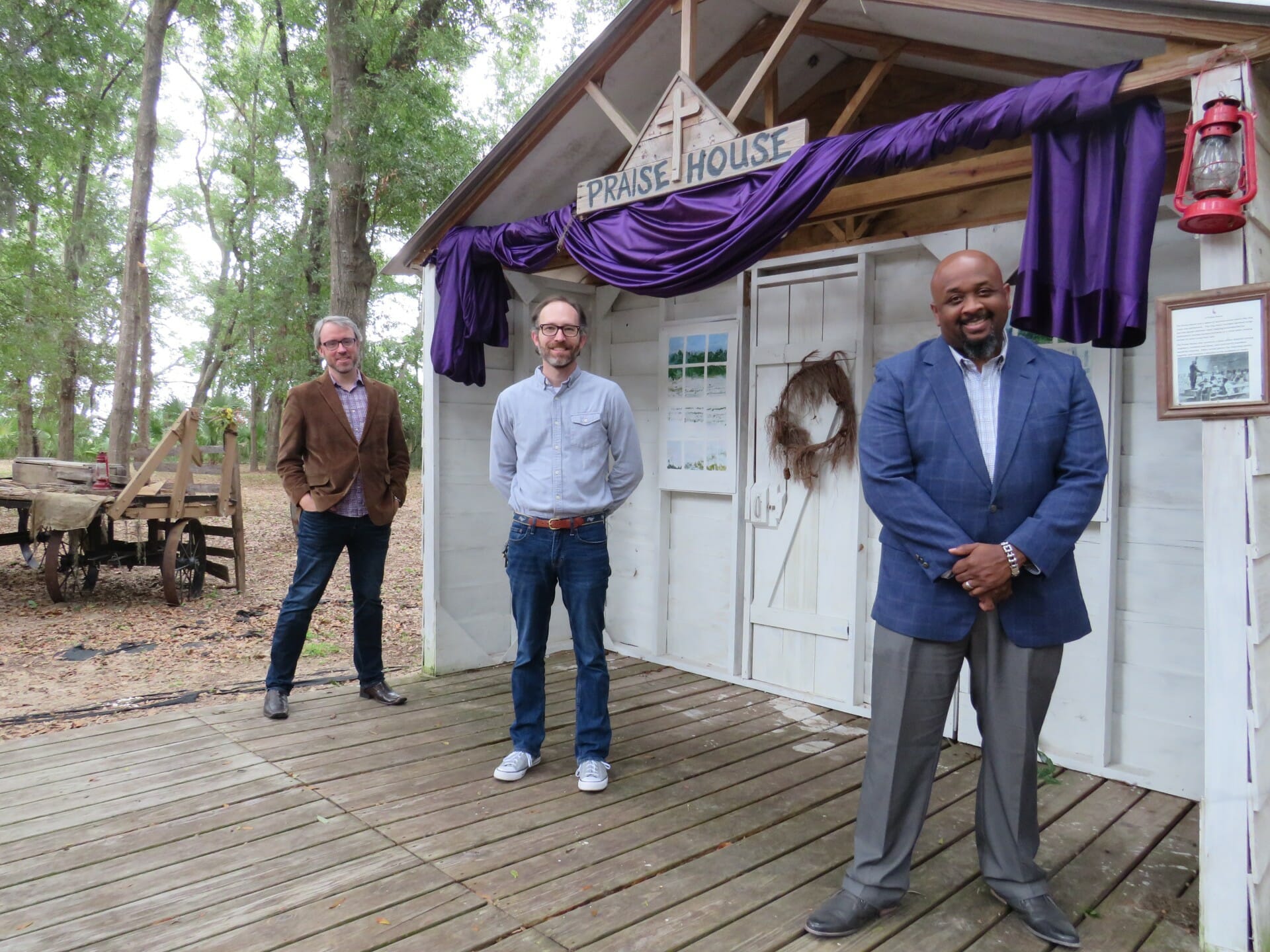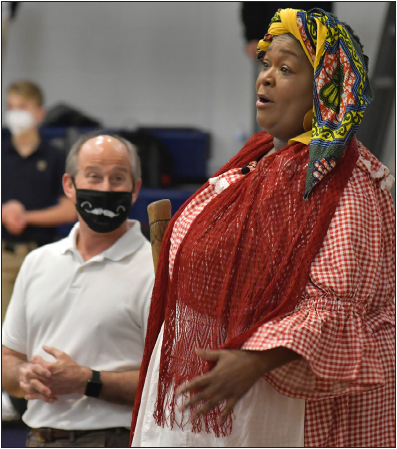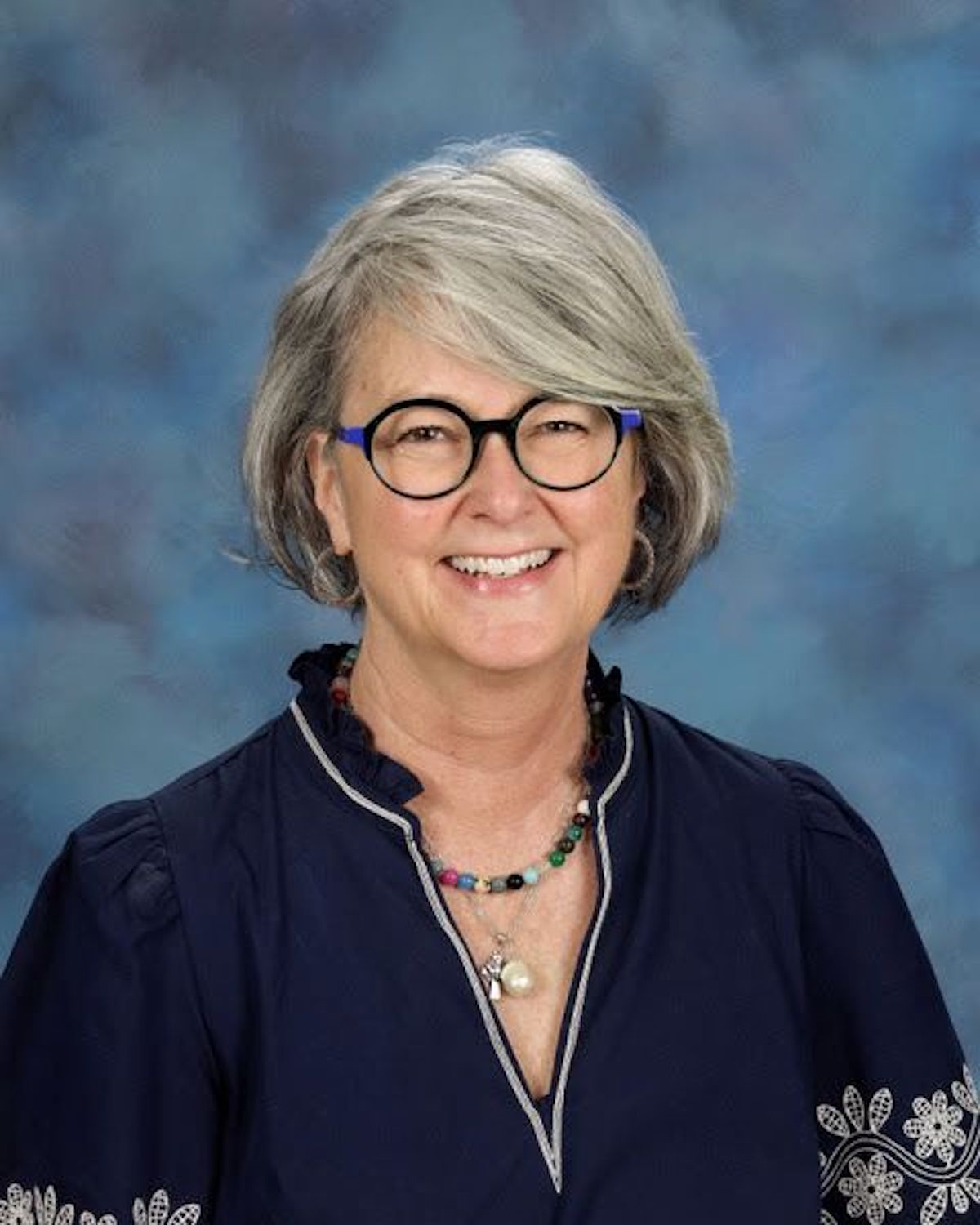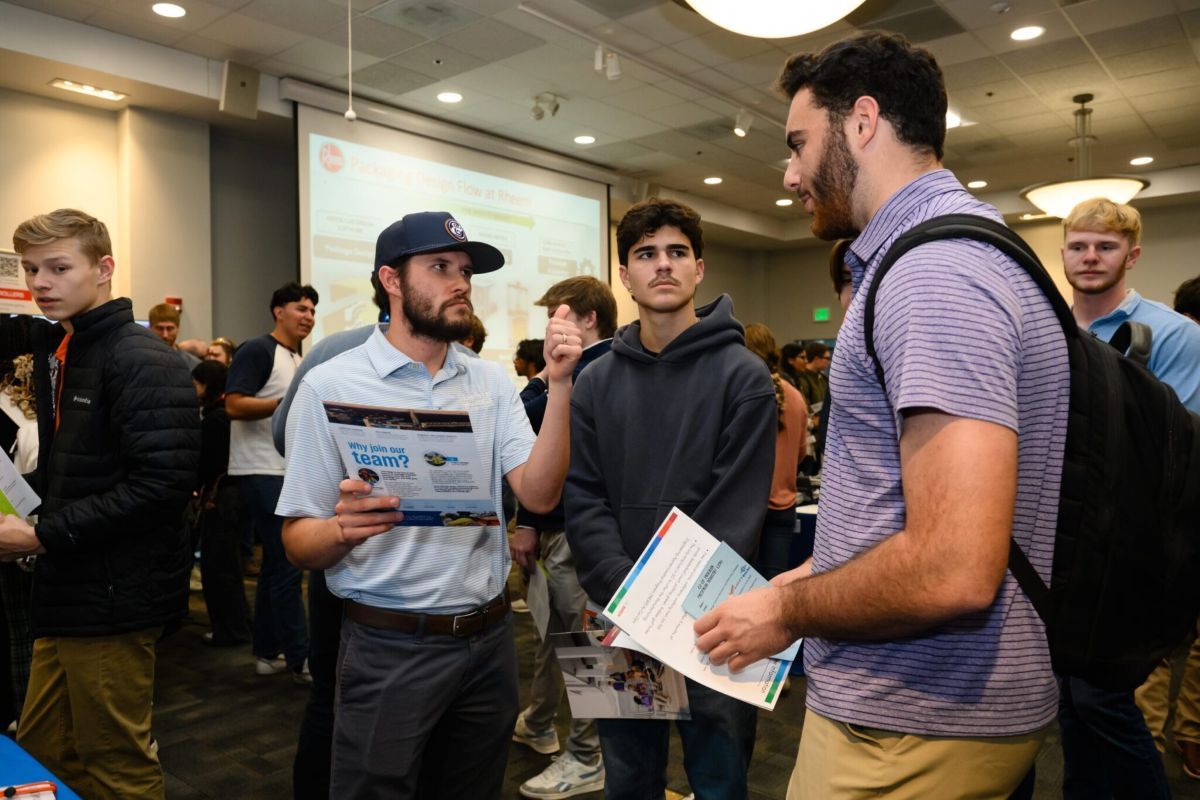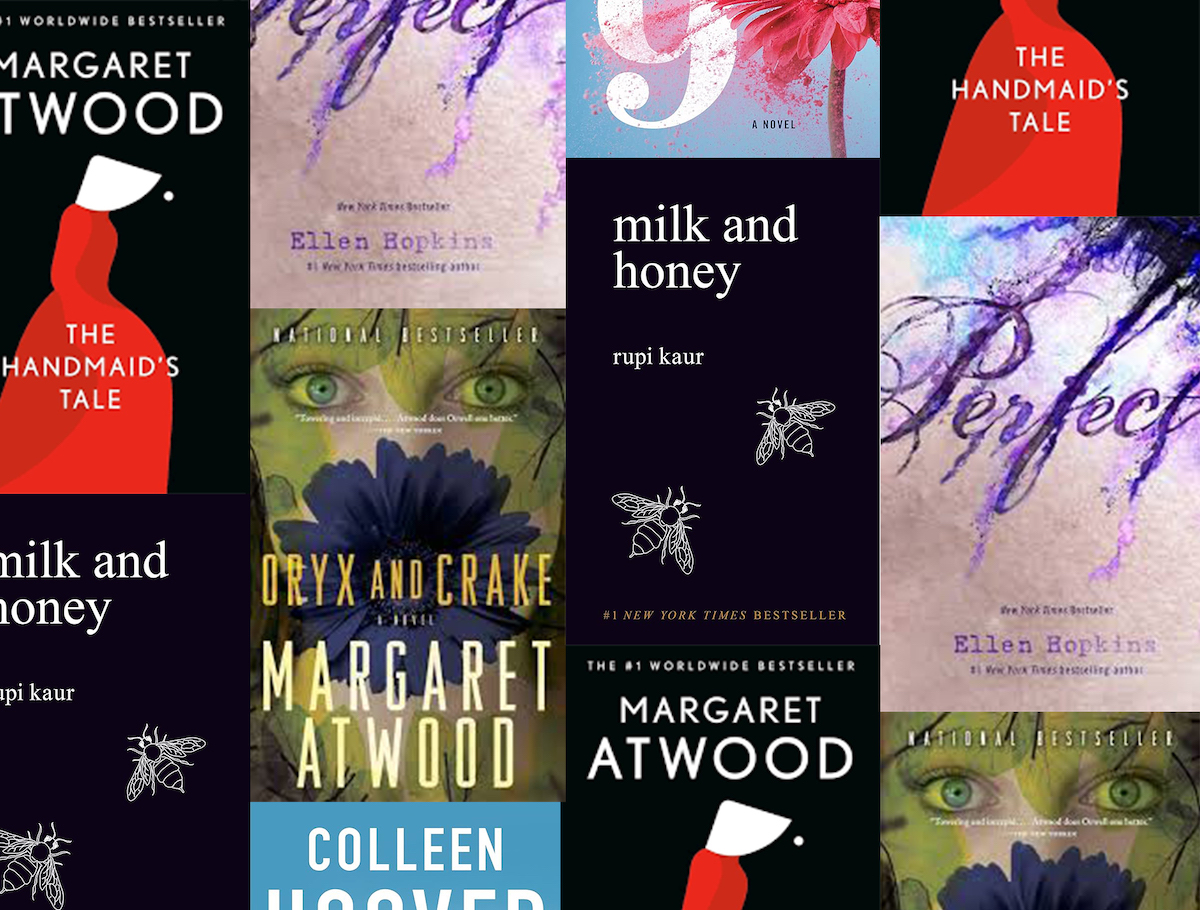By Carol Weir
Students and faculty from the University of South Carolina Beaufort are using new digital technologies to tell the stories of African Americans in Beaufort County during the Reconstruction era.
The university is employing new, interactive technologies including artificial intelligence (AI), virtual reality, gaming and 360-degree photography to dynamically present Robert Smalls, Harriett Tubman, the Penn Center and other historical figures, places and events in the Lowcountry.
“My students are working on real digital projects currently in development at USCB that will be for the public,” said Brent Morris, PhD., who teaches digital history and is director of the USCB Institute for the Study of the Reconstruction Era. “If you can harness technology that is second nature for students who were born into a digital world, that’s how you get people’s attention.”
Morris said interactive study and presentation of the past is popular with young people because it’s more dynamic than reading history books. And students enjoy working on projects that will be used by the community.
This summer, a group of K-12 teachers from around the country will put on virtual reality headsets to interact with tours of Beaufort County historic sites built by Morris’ students. The summer institute for teachers is usually held in-person, but will be virtual this year due to COVID-19. As part of the grant from National Endowment for the Humanities (NEH) that funds the program, each teacher will receive a virtual reality headset by mail and the group will be able gather daily in a virtual meeting room.
Using a 360-degree camera to take photos is one of the first steps in building the virtual reality tours. Liz Erickson, a USCB sophomore majoring in history, swung one around recently on the university’s campus to learn how it works. The software that comes with the camera stitches together multiple photos or videos captured by separate lenses, and the selfie stick disappears when the images are merged.
“I’m really excited,” said Erickson, who graduated from Hilton Head Island High School. “You’re seeing it through a screen but it looks so realistic.”
Digital technologies make Beaufort County’s rich history accessible for more people, said Tucker Perry, a senior from Summerville who is majoring in history.
“I’m from South Carolina, but we didn’t learn this in high school,” he said.
For their virtual tour projects, students can choose to spotlight one of the many sites in Northern Beaufort County’s new Reconstruction Era National Historic Park, a component of the National Park System. These sites include the Emancipation Oak, where freed slaves witnessed the first reading of the Emancipation Proclamation; Camp Saxton, where African-American volunteers trained for service in the Union army; and Darrah Hall at Penn Center, among others.
And it’s not just students who are using futuristic techniques to highlight local history. Faculty from USCB and Florida Atlantic University are creating a sophisticated augmented reality (AR) tour application that will immerse site visitors in the Lowcountry’s rich history and culture. By creating a 3D simulation of Mitchelville, they will bring to life the story of the first self-governed town of formerly enslaved people in the U.S.
The 3D simulation of the town of Mitchelville was created in the Unity game engine, said Brian Canada, chair of USCB’s Department of Computer Science, who is working on this project. Tourists will be able to literally follow in the footsteps of figures from history, pick up and examine virtual 3D artifacts, and interact with historical personalities including General Mitchel and a fictitious Mitchelville resident — to be played by world-renowned Gullah singer and educator Dr. Marlena Smalls. The augmented reality tour will feature Gullah-Geechee storytelling and dance performances to make the experience engaging for visitors to Historic Mitchelville Freedom Park, located on Beach City Road on Hilton Head Island.
The non-profit’s executive director, Ahmad Ward, is excited about the collaboration and the potential for virtual reality self- or docent-guided tours at the park.
“The goal is to present Reconstruction history as both educational and entertaining for visitors, while digitally preserving its cultural assets for future generations,” he said.
Above: (left to right) Brian Canada, chair of USCB’s Department of Computer Science; Brent Morris, director of the USCB Institute for the Study of the Reconstruction Era; and Ahmad Ward, executive director of Historic Mitchelville Freedom Park, are working to develop an augmented reality (AR) tour of the first self-governed town of formerly enslaved people in the U.S.

